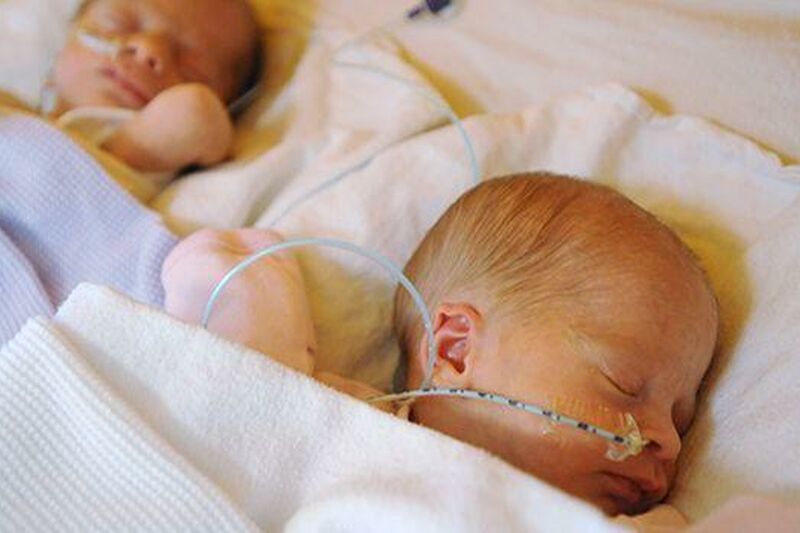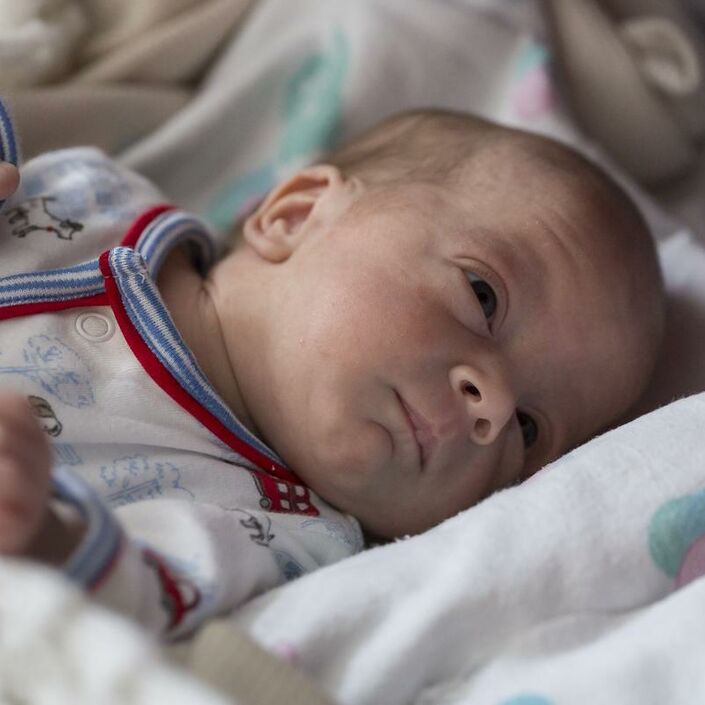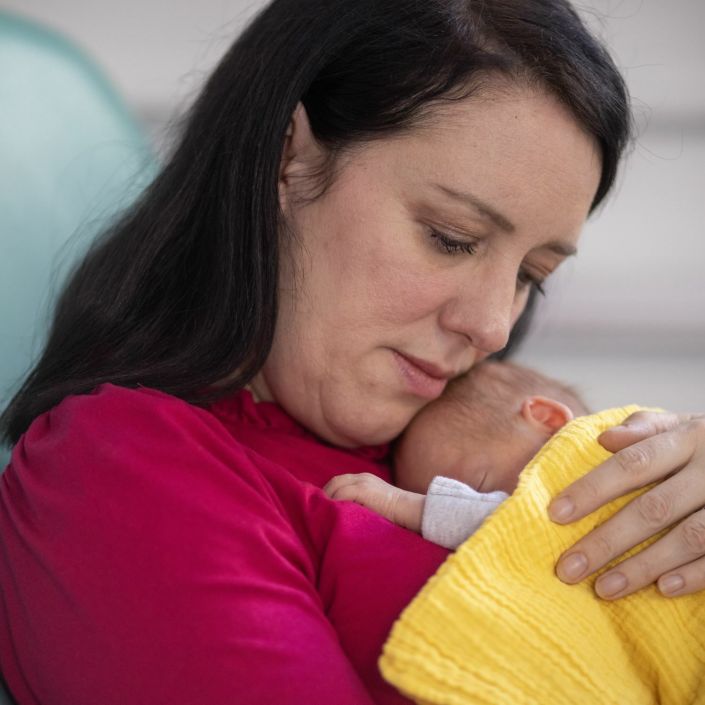Some recent evidence has shown that more parents are accessing medical support for their child later since the start of the COVID-19 pandemic.
If your child is unwell, they are likely to be unwell for reasons not related to COVID-19, and it is still very important that they are seen by a medical professional.
The main symptoms of COVID-19 are a:
- high temperature
- new, continuous cough
- loss or change to smell and taste.
If you are worried about your child, they are not behaving as usual or you think they might be unwell, you should contact your GP or 111 in the first instance, and call 999 if it is an emergency.
Do not delay getting help if you have concerns. You know your baby or child best. Hospitals have measures in place to help protect people from COVID-19.
We have more information about how to know if your baby is becoming unwell. NHS England have also published a useful online leaflet that informs parents how to identify signs of illness in their baby.
Information about COVID-19, symptoms and latest guidance is different in the different parts of the UK. See each UK area's updated information and guidance.
England
Information about COVID-19, including information about symptoms, can be found on the NHS website.
NHS 111 has an online assessment service, where you can answer some questions to see if you need to call the NHS 111 phone service. The online assessment is suitable for all ages.
Scotland
Information about COVID-19 can be found at NHS Inform. It includes more information about when to call your GP or NHS 24.
Wales
Information about COVID-19 can be found at NHS Direct Wales 111. This includes an online assessment which can be used for anyone living in Wales who is 6 months or older.
Northern Ireland
Information about COVID-19 and what to do if you or your child have symptoms.


